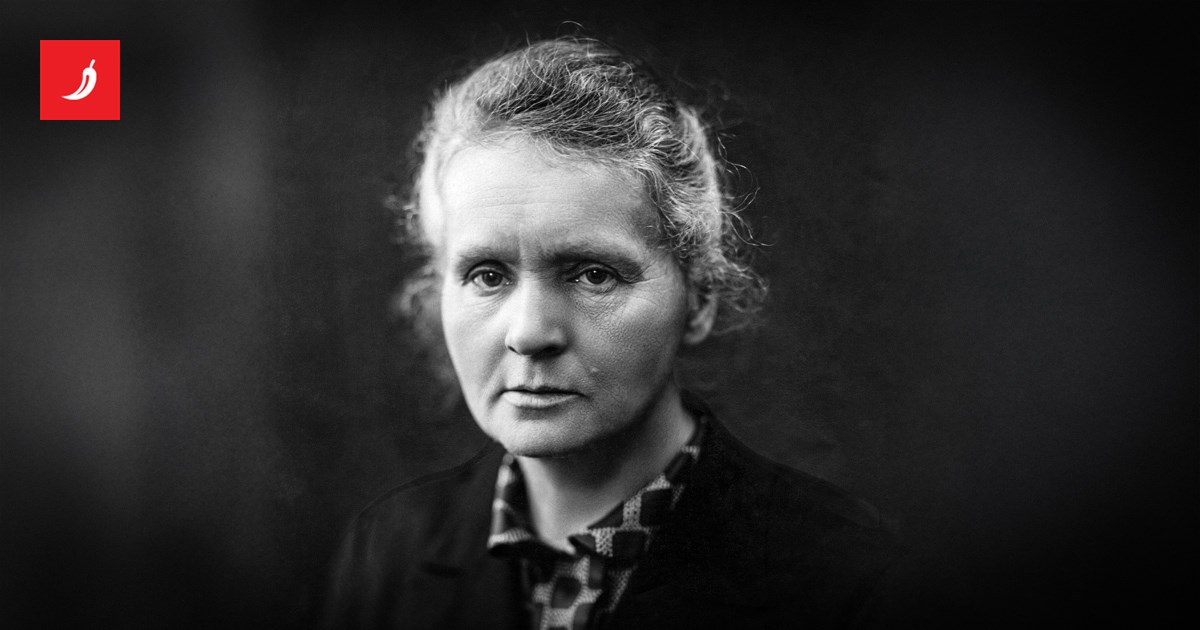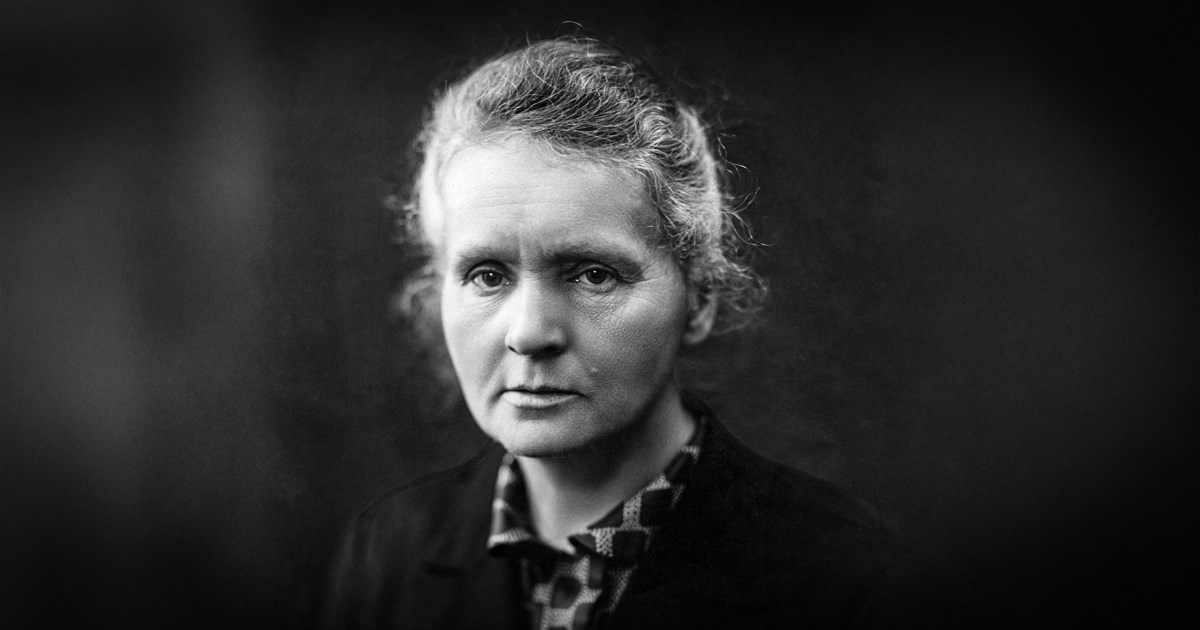Marie Curie: Victim of Science and Injustice
Science Legend or Forgotten Heroine?
Marie Curie, one of the greatest scientists of the 20th century, won not one, but TWO Nobel Prizes! Yes, you read that right – two! Physics and Chemistry brought her acclaim, and her discoveries about radioactivity changed the world. Born as Maria Sklodowska in Warsaw, at a time when women had limited access to education, she still managed to break through to the Sorbonne in Paris and start revolutionary work.
Husband, Partner, and Ally in Science
She met physicist Pierre Curie, and together they won the Nobel Prize in Physics in 1903. But did you know the committee initially wanted to exclude her, considering her just her husband’s assistant? Pierre sharply objected, and luckily, both were recognized. Pierre tragically died in a traffic accident in 1906, and Marie continued alone, discovering radium and polonium, winning another Nobel Prize in Chemistry in 1911.
Heroine with a Dark Side of Fame
Although she was the first woman with two Nobel Prizes and the first female professor at the Sorbonne, she failed to enter the French Academy of Sciences by just a few votes. Her daughter said Marie was a hero abroad but unwanted in France. Anti-Semitism and prejudice further complicated her life, and right-wing scientific journals often downplayed her contributions.
Death Because of Science
Marie Curie died in 1934 from aplastic anemia, a disease caused by prolonged exposure to radiation. Her death was a direct consequence of her dedicated work, which saved and changed millions of lives through the development of radiotherapy for cancer treatment.
Why Is Her Story Important Today?
Her discoveries are the foundation of modern science and medicine, and the Institute for Cancer Research and Treatment in Paris bears her name. Yet, her story is also a warning about the dangers science can bring and the injustices women still face in the scientific world.
Did Marie Curie Truly Get the Fame She Deserved?
Though famous today, her struggle with prejudice and injustice shows how hard it was for women in science. Her death from radiation is a tragic reminder of the price she paid for her revolutionary contributions.
Conclusion
Marie Curie is not just a scientist – she is a symbol of struggle, sacrifice, and injustice. Her story makes us think about how we treat those who change the world and how much more we have to learn about equality and justice in science.
If you thought science was just cold facts, think again! Who knows, maybe your favorite scientist was once unfairly overlooked. What do you think about her fight? Share your thoughts or just throw in a sarcastic comment – science loves a good debate!























